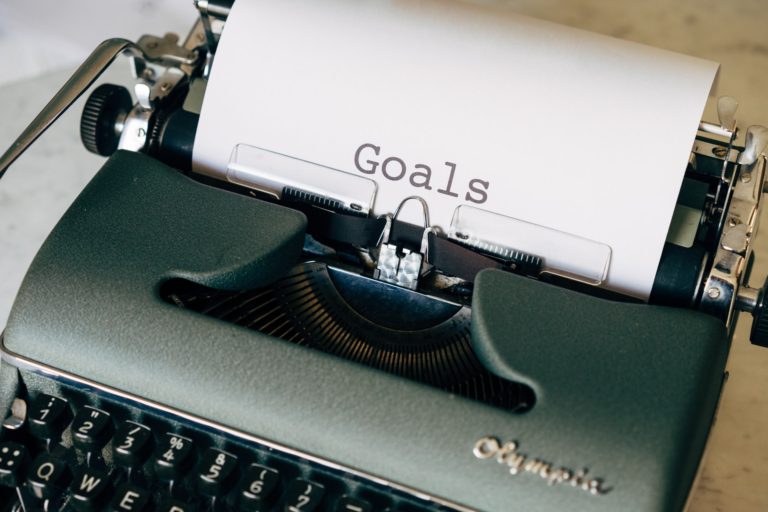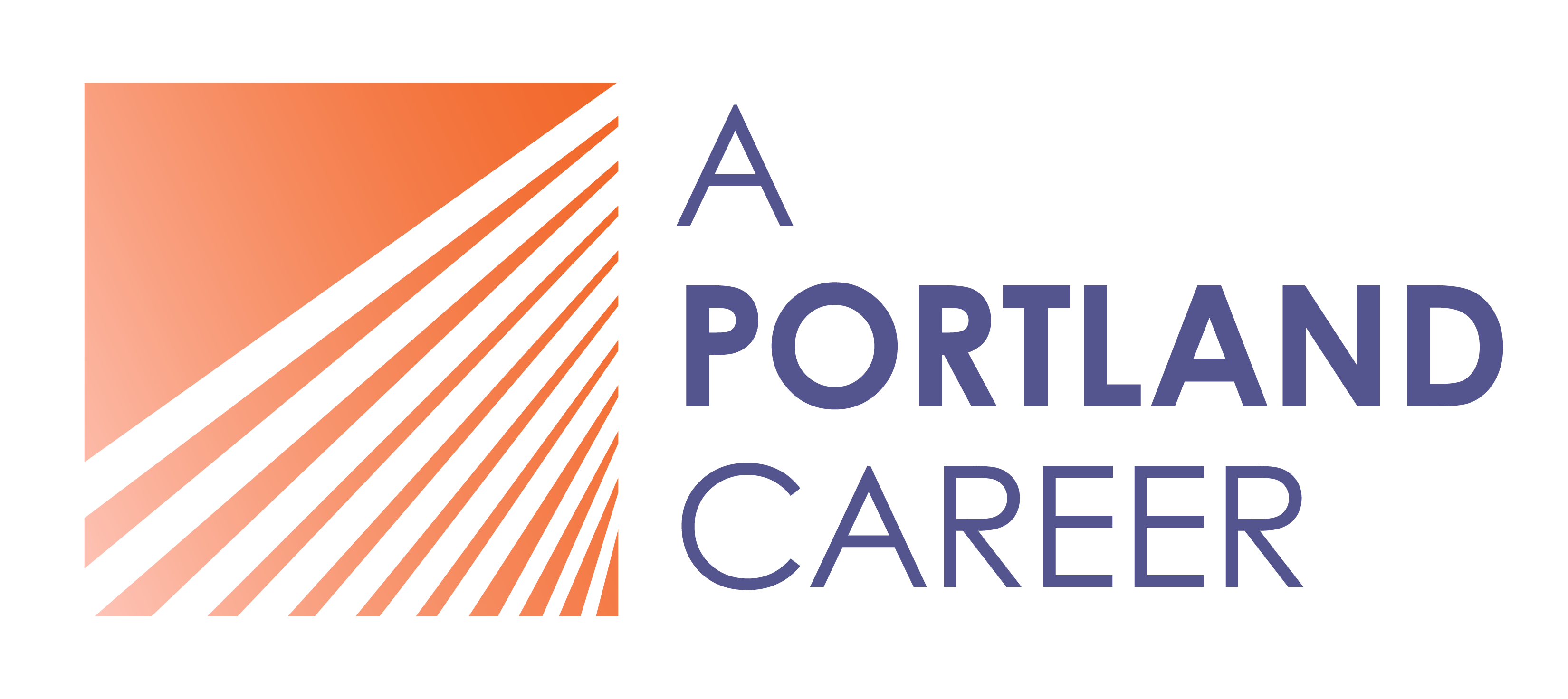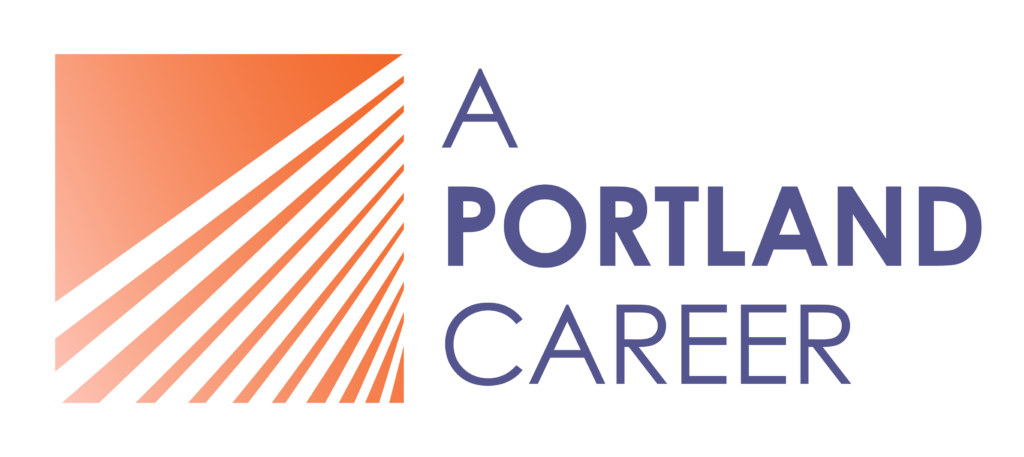Learn how to best answer the “tell me about your greatest weakness” question in your next job interview with expert strategies and sample answers.
Flip the script! Prepare to ask great questions in your job interview, and show your potential employer you’re the ideal candidate for the job.
The Best Interview Questions You Should Ask at Your Next Job Interview
By A Portland Career, and edited by Suzie Sherman and JD Duran
Hitting a wall in your job search? We can give you some guidance

In most job interviews, you will have the opportunity as the interviewee to ask questions of your own about the job description, the most important job responsibilities, opportunities for professional development, company culture and more. Hiring managers want to see that you’ve thought about the job and the company, and that you’ve listened during the interview and can ask informed questions about the job. Prepare to ask the right questions to show your interviewer that you’re a top-notch job candidate!
At the end of most job interviews you will be asked, “Do you have any questions you would like to ask us?” Don’t go blank in that moment! Prepare a list of six to ten of the best questions in advance. Several of your questions may be covered during the interview, so being prepared means that you’ll still have plenty of great questions in your back pocket! In this article, we give you end of the interview tips from the perspective of you as the interviewee.
Home → Helpful Articles → Interviewing → The Best Interview Questions You Should Ask at Your Next Job Interview
Here are more great posts about how to prep for your next interview:
- How to Prepare for Your Next Job Interview: The Career Expert’s Guide
- Virtual Job Interviews: Master the Art of Zooming It In!
- The CAR Interview Method Brings Your Accomplishments to Life
- How to Ace the “Greatest Weakness” Question in Your Next Job Interview
- Answering Tough and Weird Interview Questions
- Interviewing As An Overqualified Candidate: Let’s Debunk Some Myths
- When and How To Say Thank You after Your Interview
If you’re still feeling anxious about interviewing, get in touch with us, and we’ll make sure your interviews start landing you more job offers.

The three goals of asking job interview questions for job seekers
There are three interrelated goals you want to meet when you ask your job interview questions:
- You want to ask good questions that show you have done your research into the organization and the position.
- Your questions should convey that you genuinely want to learn more about the organization and the position in order to make your decision, if you receive a job offer.
- You want to demonstrate your outstanding listening skills and make a connection with the hiring manager or hiring team by asking the best questions.
A note on active listening throughout your job interview
It is human nature for people to bond with those who listen and express interest in their ideas and concerns. This ability to listen can be demonstrated verbally and nonverbally through attentive body posture and facial expressions. The technique of reflective or active listening can be quite effective in building rapport with your job interviewer. As an active listener, you reflect on key elements of the feeling and content of the interviewer’s message by using techniques like restating or summarizing a point to indicate that you are understanding the interviewer’s meaning.
The following questions demonstrate your desire to understand the concerns and perspectives of the hiring manager or team through active listening:
- You sound concerned about the stresses caused by an outdated computer system. I’m interested in hearing more about this.
- Am I hearing you correctly that one of your biggest concerns is the lack of qualified individuals available to implement the new programs your department needs?

The best job interview questions to ask as an interviewee
When asking questions in your job interview, the main areas that you, as a job seeker, should focus on show that
- You’ve done your homework about the company and its goals
- You want clarity on the job role that you would take on if hired
- You want to know if the company culture is a good fit for you
- You’re interested in your professional development
- You’re attentive to what is needed from you in the hiring process
The best interview questions to ask about the company and its goals
This is your chance to go beyond the obvious facts about the company you’ve already researched online or in your professional networking during your job search. Great questions about the organization you’re applying to work for signal to the hiring manager that you care about the mission of the company and want to know more about how the company is reaching its goals.
- If I were hired for this new job, how will my role contribute to the overall goals of the company?
- What specific initiatives are on the company agenda for the next year, and why?
- How do you see the organization changing over the next few years? I’ve had a chance to review the strategic plan on your website. Do you see it as realistic and on track?
- I’ve read (in industry articles, or on your website) that you have been very successful at ___________. What do you think accounts for this success?
The best interview questions to ask about the nuts and bolts of the job
Prepare questions about the ins and outs of the specific position you’re applying for. If you show that you are thinking about what the daily routine looks like, what training and onboarding process will occur, and what the most important priorities are for the job, hiring managers will be impressed with your level of engagement about joining the team.
- Can you tell me more about why there’s a need for this role right now?
- Can you run me through a typical day in this position?
- Is the job on-site, remote, or a hybrid of both, and what changes have you made to adapt to the pandemic and keep everyone safe?
- What would the top priority be for me to accomplish in the first six months if I am selected for the job?
- What challenges might be present in this role?
- How would success be measured in this role?
- How will I receive performance reviews to know I’m on the right track?
- Can you tell me more about the department or team I’ll be working with if I am hired for the position?
- Who would I report to, and what is their role?
- What project management tools does the company use, and how do new hires get onboarded?
Check out these recent tips that Dan gave a client about asking questions in panel and one-on-one interviews:
Questions don’t have to be at the end of the interview. The one-on-one interview will make it easier for you to connect individually with each of your interviewers than a panel interview. Be sure to research each person you’ll be speaking with individually.
Try to think about the most important skills and experiences that each interviewer may be interested in learning more about you, from their perspective. Take an interest in who they are as people and/or their backgrounds at the company. Review their LinkedIn profiles for clues about interests and topics you might bring to the table. (Check out our article How To Network on LinkedIn Like a Pro for more tips!) Think about specific reasons each interviewer is of interest to you, and make it clear why this organization and this role is great for you.
Give yourself permission to be truly who you are in these conversations so there’s no posturing. Look for ways to proactively bring some of your questions about them, their understanding of the role, what they care most about, challenges with specific aspects of the business, forward throughout the interview. Do what you can to support a natural conversation, back and forth.
Be sure to send a personal note to each interviewer the next day after meeting with them to share your enthusiasm and gratitude.
The best interview questions to ask about the company culture
Asking interview questions about the company culture of the organization is a great way to take the interview to a more “real,” place, where you can acknowledge the greater values of the company, and whether it feels like a good fit for you. It’s also a chance to make a more personal connection with the hiring manager, and to be curious about what they love about the company, and what they find challenging.
- What are the company’s values beyond its primary mission, and how does the company demonstrate these values?
- What’s your favorite part about your job, and working for this company?
- What are the biggest challenges for you about working for this company?
- What is the management style of the department managers in the company?
- Does the company have an ongoing conversation about work-life balance and how to make the work sustainable over time?
- Is the work environment in the company more collaborative or more independently driven?
- Does the company have a plan for diversity, equity, and inclusion?
The best interview questions to ask about potential growth and professional development
When you prepare interview questions about the potential to grow with the job and advance in the organization, you signal to the hiring team that you want to invest in your career path and in the role that you might play in the company. These questions can also give you an idea about whether there is professional development potential in this job, or if the role is relatively fixed and limited in scope, which can be a red flag for some job seekers. Asking good questions about the growth potential of the job will help you evaluate if it’s a good match for your career goals.
- What kinds of professional development opportunities does the company offer?
- Is there room for growth in this position?
- Will the job description evolve to incorporate new tasks and projects over time?
- Are there opportunities for advancement or promotion from this position?
- If I am hired for the position, will I be able to participate in conferences or networking events to collaborate with peers in the field?
- Does the company provide opportunities for continuing education in the field?
The best interview questions to ask about the next steps in the hiring process
As you make your way to the end of the interview, some final questions to ask should be about what to expect moving forward in the hiring process, or whether there will be another round of interviews for this potential employer. Take this opportunity to make sure that you’ve answered all the questions the interviewer has for you, and solicit their help in guiding you through the next steps.
- Are there any more questions I can answer for you?
- What are concerns about my fit that I can address?
- Do you have any more questions I can answer about my job application?
- Do you want me to provide a list of professional references?
- What are the next steps I should expect in the hiring process?
- Will there be another round of interviews, and what can I expect for the rest of this interview process?
Final thoughts on the best questions to ask in an interview
Be ready to ask your own great questions at the end of any job interview. When you demonstrate through active listening that you’ve been paying attention to the hiring manager or hiring team, you’ll signal to them that you care about what they are trying to convey about the company, and about the job that you are applying for. And when you’ve prepared a robust list of questions, you will ensure that the hiring manager knows you are genuinely engaged in the hiring process and want to know all you can about the company and the job. Preparing great interview questions gives you a chance to show off the stuff it takes to be the ideal candidate for the job.
Key takeaways
- Asking the hiring manager good questions at the end of a job interview demonstrates that you’ve done your research about the company and the job you’re applying for. And research includes learning more about the hiring team who you’ll be talking to in the interview!
- Preparing plenty of good interview questions shows that you are genuinely excited to learn more about the company and the position, and that you care about whether the job is a good fit for you.
- Active listening helps you make a connection with the interviewer, and signals that you care about the information they are trying to get across about the organization and the position.
- Your prepared questions will get you a deeper picture of what it’s like to work for the organization, what the specific job entails, and what to expect about advancement and the company culture.
- Don’t be afraid to put yourself and your personality forward in your job interview. Asking great questions is your key to building a real rapport with your interviewer.
Related articles you might be interested in:
Interviewing As An Overqualified Candidate: Let’s Debunk Some Myths
“Overqualified” just means “well-qualified.” Let’s debunk the myths about overqualified candidates and reframe your career story!
Virtual Job Interviews: Master the Art of Zooming It In!
Most employers now conduct virtual job interviews. Master these remote interview skills with tips from our career experts!
How to Prepare for Your Next Job Interview: The Career Expert’s Guide
Get insider interview tips that’ll help you nail the job interview and land your dream job!





